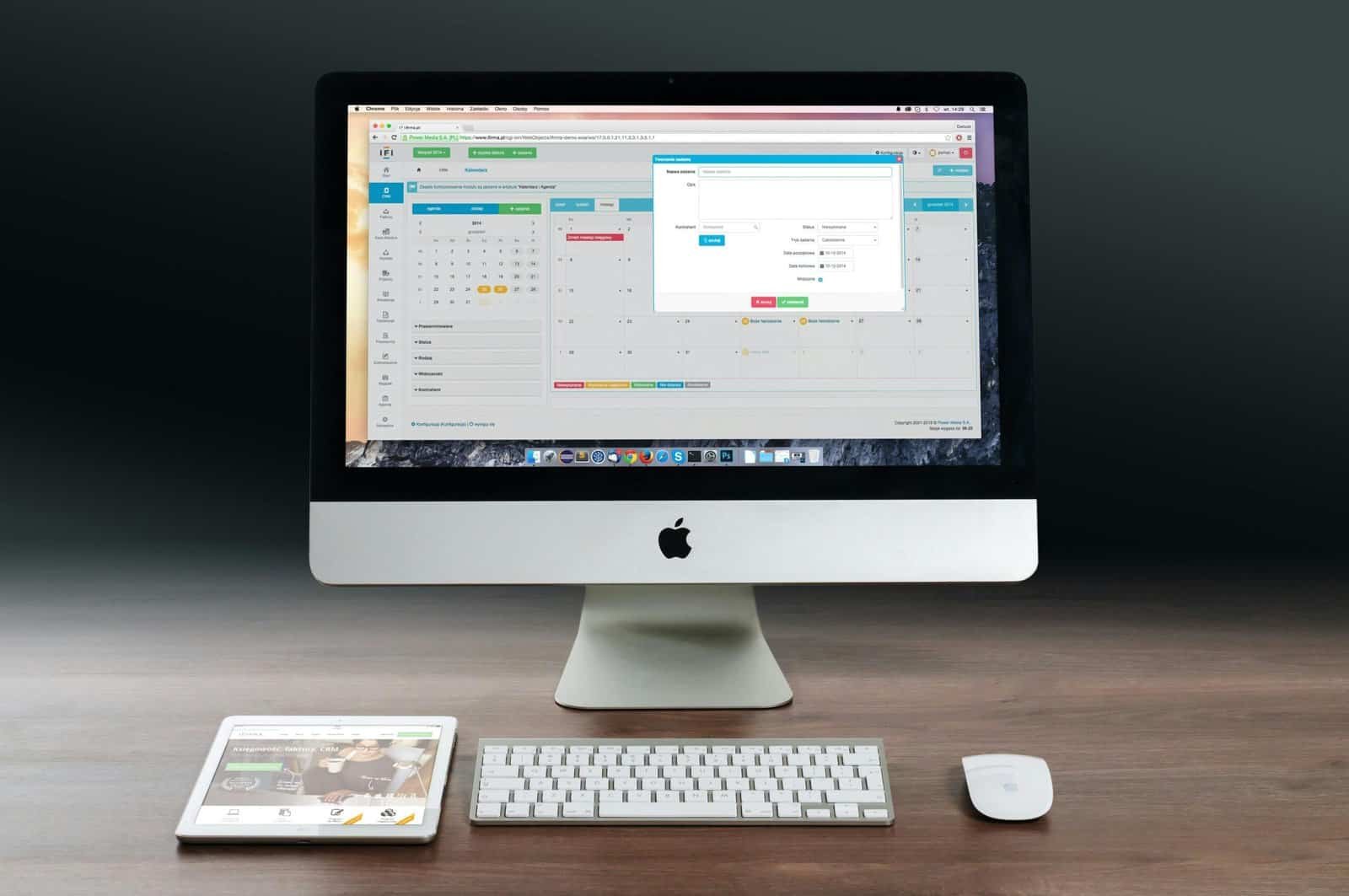Have you ever wondered how freelancers celebrate milestones and make them meaningful?
How Do Freelancers Celebrate Milestones?
You might be asking what kinds of milestones freelancers reach and why celebrating them matters. This article answers those questions and gives practical ideas so you can mark your progress in ways that feel rewarding and sustainable.
Why Celebrating Milestones Matters
You may think milestone celebration is just fluff, but it’s actually important for motivation and mental health. Celebrations reinforce achievement, reduce burnout, and help you recognize progress that might otherwise be swallowed by the day-to-day grind.
You also use milestones to build credibility with clients and peers. Announcing a major win or an anniversary can attract attention, referrals, and higher-paying projects, turning personal celebration into a professional opportunity.
What Counts as a Milestone for Freelancers?
Milestones can be revenue goals, client wins, project completions, anniversaries, or personal growth moments like learning a new skill. You should define milestones that align with both your business metrics and personal values.
Every freelancer’s list will look different because your priorities and career stage shape what feels significant. The key is that the moment you call a milestone should be measurable, meaningful, and timable.
Common Financial Milestones
Financial milestones are often the first things freelancers track. You might celebrate your first paid project, reaching a consistent monthly income, or hitting an annual revenue target.
These milestones validate that your business model is working and give you reason to adjust pricing, savings, or investment strategies. They also make it easier to plan large-scale rewards or reinvest in growth.
Project and Client Milestones
Project-based milestones include completing a major deliverable, launching a product, or securing a long-term retainer. Client milestones might be your first repeat client or a large referral that becomes a major source of income.
You should celebrate these because they represent trust and results. Recognizing client and project milestones also helps you reflect on what made them successful so you can repeat those strategies.
Personal and Skill Milestones
Learning a new tool, finishing a course, or overcoming imposter syndrome are all valid milestones. You will gain confidence and capabilities when you intentionally mark these achievements.
Personal milestones are often overlooked, but they’re crucial for long-term growth. Celebrating them keeps you curious, improves resilience, and can fuel your professional narrative.
Business Development Milestones
Business milestones include launching a website, incorporating your business, hiring subcontractors, or signing a lease for a studio. These are structural changes that often require public acknowledgment.
You should use these moments to formalize processes, update legal and financial documentation, and let clients and your network know about new capacities.

How to Decide Which Milestones to Celebrate
Not every minor win needs a big celebration, but you should have a framework for choosing what to honor. Consider impact, sustainability, and alignment with values.
You can create tiers for celebrations so you match the scale of your reward to the scale of your achievement. That prevents reward inflation and keeps celebrations meaningful.
Create a Tiers System
A tiered system helps you decide whether to treat a milestone with a small personal treat or a larger investment. For example, Tier 1 could be weekly wins, Tier 2 quarterly, and Tier 3 major annual achievements.
This helps you budget celebrations and ensures that larger milestones get proportionally bigger recognition. You’ll also avoid tiny celebrations diluting the excitement of major ones.
Assess Emotional and Financial Value
Before celebrating, consider both the emotional payoff and the financial implications. Ask yourself whether the reward will energize you and whether it’s sustainable within your budget.
By weighing both, you keep celebrations motivating rather than stress-inducing. This approach helps you celebrate without undermining long-term goals.
Celebration Ideas: Personal Rewards
Personal rewards are about treating yourself in ways that bring joy and relaxation. You might take a weekend trip, buy an item you’ve wanted, or spend a night off screens.
Choose activities that replenish energy and confirm the positive feelings tied to your work. Smaller rewards can reinforce habits while larger ones reset your focus.
Low-Cost Personal Rewards
Low-cost rewards can be just as satisfying as expensive ones. Consider a favorite meal, a new book, a long bath, or a day where you refuse to check email.
These tiny rituals create a sense of ritual and mark progress without breaking your budget. They’re especially useful when you’re growing your freelancing business and need to conserve capital.
High-Impact Personal Rewards
High-impact rewards could be a mini-vacation, a new laptop, or a skill course you’ve been meaning to take. These offer both celebration and investment in future productivity.
You should align high-impact rewards with your long-term goals so the celebration also acts as a stepping-stone. This keeps spending intentional and growth-oriented.
Celebration Ideas: Professional Rewards
Professional celebrations enhance your business presence and client relationships. You might update your portfolio, run a promotional campaign, or throw a small client appreciation event.
These acts blend recognition with marketing. They let you celebrate publicly while strengthening your brand and network.
Public Announcements and Social Proof
Announcing milestones on social media or your website can attract new clients and build trust. You should tailor the message to highlight what the milestone means for client outcomes rather than just personal success.
Use testimonials, metrics, and visuals to make announcements compelling and useful to potential clients. Authenticity helps these messages stand out.
Client Appreciation and Referral Programs
Turning a milestone into a client-focused celebration keeps your relationships central. Consider sending thank-you gifts, offering discounts, or launching referral bonuses.
By centering clients in your celebrations, you turn personal wins into mutual benefits. This can increase loyalty and generate more business over time.

Creative and Nontraditional Celebrations
Some freelancers prefer non-material, creative ways to mark progress, such as organizing collaborative projects, hosting a small workshop, or creating commemorative art.
These celebrations align with values for creativity and community. They can be low-cost while being deeply meaningful.
Hosting or Teaching Events
You can celebrate by sharing knowledge—run a webinar, host a mini-workshop, or mentor someone new to your field. Teaching reinforces your expertise and gives back to the community.
These events serve dual purposes: they reward you with fulfillment and raise your profile as an authority. They also create networking opportunities.
Collaborations and Community Projects
Collaborating with peers on a project for your community or for charity can be a rewarding milestone celebration. It ties your achievement to a positive impact on others.
This type of celebration broadens your network and builds reputation through shared success rather than solo bragging.
How to Celebrate Without Spending Much
If your budget is tight, you can still celebrate meaningfully. Time-based rewards, public recognition, and small rituals all carry disproportionate emotional value for low cost.
The aim is to create symbolic meaning out of ordinary acts. Routines like treating yourself to a movie night, creating a gratitude list, or taking a day off are powerful and inexpensive.
Sustainable and Ethical Celebrations
If sustainability matters to you, choose celebrations that align with your environmental and ethical values. That might mean donating to causes, buying from ethical brands, or choosing experiences over physical items.
You’ll feel better if your celebration reflects your principles, and that alignment can be part of your brand story. Clients often appreciate values-driven freelancers.

Using Milestones as Marketing Opportunities
Turn milestones into content: case studies, blog posts, newsletters, or social posts. You should frame the milestone in terms of outcomes, lessons learned, and value delivered to clients.
This approach helps you attract clients who relate to your journey. Instead of just saying “I reached X,” explain why it matters to people who might hire you.
Structuring an Announcement
When you announce a milestone, lead with the client or impact story rather than the personal accolade. Keep the message concise, use visuals, and include a clear next step for readers who want to learn more or hire you.
A well-crafted announcement provides social proof, demonstrates expertise, and can convert followers into leads.
Documenting Milestones for Reflection
Documenting milestones—through a journal, a portfolio, or a timeline—lets you track growth and extract lessons. You’ll appreciate how small efforts compound over time.
Regular reflection also helps you set better goals and avoid repeating mistakes. Recording both quantitative metrics and qualitative feelings gives a fuller picture of progress.
Milestone Celebration Checklist
A simple checklist ensures you don’t skip important steps when celebrating. It helps you plan, budget, and communicate the win appropriately.
| Step | What to Do | Why It Matters |
|---|---|---|
| Identify | Decide what counts as the milestone | Keeps celebrations meaningful |
| Tier | Assign a tier or scale | Matches reward to achievement |
| Budget | Allocate funds or time | Prevents financial strain |
| Document | Capture the achievement | Useful for marketing and reflection |
| Announce | Share with your network | Builds credibility and attracts clients |
| Reward | Celebrate in a chosen way | Reinforces motivation |
| Reflect | Note lessons learned | Improves future performance |
You should use this checklist as a flexible guide rather than a rigid protocol. Tailor it to fit the pace and values of your freelance business.

Reward Idea Bank
Here’s a table of practical reward ideas across price ranges and their intended benefits. Use this to mix and match celebrations based on your milestone tier.
| Reward | Approx Cost | Benefit |
|---|---|---|
| Special meal at home | $10–$50 | Immediate joy and relaxation |
| New professional course | $20–$300 | Skill growth and investment |
| Weekend getaway | $150–$800 | Recharge and creativity boost |
| Upgraded equipment | $200–$3,000+ | Long-term productivity gains |
| Client appreciation gift | $20–$100 | Strengthens relationships |
| Public social post + ad boost | $0–$100 | Marketing and visibility |
| Donation to charity | $10–$500 | Aligns with values and gives back |
| Team (contractor) bonus | $50–$500 | Retains support and morale |
| Free workshop or webinar | $0–$200 | Build authority and leads |
You should pick rewards that reinforce the behaviors you want to continue, such as learning, relationship-building, or productivity improvements.
Case Studies: Realistic Examples
Seeing how others celebrate can spark your own ideas. Below are concise examples you can adapt to your situation.
Solo Designer: First Year in Business
This designer celebrated her one-year anniversary by hosting a free mini-class for local entrepreneurs and offering a discount to five attendees. She documented client testimonials and updated her portfolio.
You can do similarly by tying celebration to lead generation and showcasing social proof to attract future projects.
Copywriter: Hitting a Revenue Target
A copywriter who hit three months of consistent income rewarded himself with a short trip and upgraded his workspace ergonomics. He also wrote a long-form post about lessons learned to attract higher-paying clients.
You should balance personal enjoyment with investments that improve your business performance.
Developer: Launching a Major Product
A freelance developer launched a product and celebrated by offering an early-bird discount to loyal clients, hosting a launch Q&A, and donating a portion of first-month sales to a charity.
You could celebrate launches by combining client gratitude, community engagement, and purposeful giving.
How to Involve Clients in Celebrations
Inviting clients into celebrations can deepen relationships and show gratitude. Simple gestures like handwritten notes, shout-outs, or client appreciation events work well.
This practice builds loyalty and may lead to referrals or repeat work. You should keep gestures professional and personalized.
Client Appreciation Templates
Keep short, personal templates on hand to thank clients when milestones are achieved. A few sincere lines acknowledging their role in your success can be very impactful.
Use templates only as a starting point; personalize each message to reflect specifics about your working relationship.

Team and Subcontractor Celebrations
If you hire subcontractors or collaborate frequently, share milestones with them through bonuses, gifts, or public recognition. This encourages retention and goodwill.
Treat collaborators as part of your success story. Their contributions helped you reach milestones, so celebrating together sustains long-term partnerships.
Tax and Accounting Considerations
When you spend money to celebrate, remember it may impact your tax situation. Some expenses might be deductible if they qualify as business expenses—check local laws or consult an accountant.
You should document receipts and the business purpose of expenditures. Proper tracking keeps celebrations from creating accounting headaches.
Setting SMART Milestones
Make milestones Specific, Measurable, Achievable, Relevant, and Time-bound. You’ll be more likely to reach and meaningfully celebrate them when they’re well-defined.
SMART milestones make it easier to assess whether a reward is warranted, helping you avoid premature or poorly timed celebrations.
Examples of SMART Milestones
A vague milestone: “Grow the business.” A SMART version: “Sign three retainer clients at $1,000+/month each within six months.” You should aim for the SMART version to create clarity.
Specificity allows you to plan the scale of celebration and align rewards with the achievement’s significance.
Avoiding Common Pitfalls
You can undermine the motivational benefits of celebrations if you don’t plan them. Common mistakes include overspending, celebrating too often, or making celebrations purely vanity-driven.
To avoid these pitfalls, tie rewards to measurable progress, budget ahead, and prioritize celebrations that enhance your business or wellbeing.
Guarding Against Burnout
Celebrations shouldn’t be an excuse to overwork leading up to the milestone. Avoid “cramming” yourself to hit an arbitrary target that costs your health.
Plan milestones sustainably so you can reach them without exhausting yourself—consistency beats bursts in most freelance careers.
Celebrating During Lean Times
You don’t need big wins to find moments worth celebrating. During quieter periods, recognize persistence, skill development, or smaller client wins.
Small celebrations during lean times maintain morale and remind you that progress isn’t only financial. They keep you engaged without draining finances.
Measuring the Impact of Celebrations
After a celebration, take a moment to assess its impact: Did it boost your energy? Lead to more work? Improve client relations? Measure both qualitative and quantitative outcomes.
This reflection helps you refine future celebrations so they’re more effective and aligned with your goals. Use simple metrics like mood tracking, client feedback, and lead generation.
Creating a Milestone Roadmap
Map out expected milestones for the year and attach intended rewards and budgets to each. This gives you a predictable rhythm of recognition.
You’ll benefit from forecasting so you can scale celebrations as your business grows. The roadmap also helps you connect milestones to strategic objectives.
Sample Roadmap Structure
- Q1: Reach X new clients — Reward: team dinner and portfolio update.
- Q2: Launch new service — Reward: mini-retreat and paid course.
- Q3: Revenue target — Reward: equipment upgrade and client appreciation gifts.
- Q4: Year-end reflection — Reward: donation and time off.
You should tailor the roadmap to your client cycles and cash flow to keep celebrations realistic.
Long-Term Keepsakes and Rituals
Consider keeping a physical or digital keepsake collection: a jar of notes, a digital portfolio timeline, or an annual retrospective video. These serve as ongoing reminders of your accomplishments.
Rituals like an annual reflection day can become anchor points in your freelance life. They help you maintain continuity and perspective over time.
Final Thoughts and Encouragement
You deserve recognition for the hard work and creativity you put into your freelance career. Celebrations—big or small—help you stay motivated, build momentum, and communicate value to others.
Design celebrations that reflect your values, support your business goals, and recharge your energy. When you celebrate intentionally, you reinforce a habit of recognizing achievement and sustaining progress.
Quick Recap Checklist
You can use this short checklist to start celebrating more intentionally today. It’s a compact version of the milestone checklist with actionable steps.
- Identify a clear milestone and why it matters.
- Assign a celebration tier and budget.
- Decide whether to celebrate privately or publicly.
- Document the milestone for future reference.
- Reward yourself in a way that aligns with your goals.
- Reflect on takeaways and update your roadmap.
You should leave each celebration a little wiser and better positioned for the next milestone. Consistent, meaningful recognition is one of the most practical tools you have to sustain a successful freelance career.
